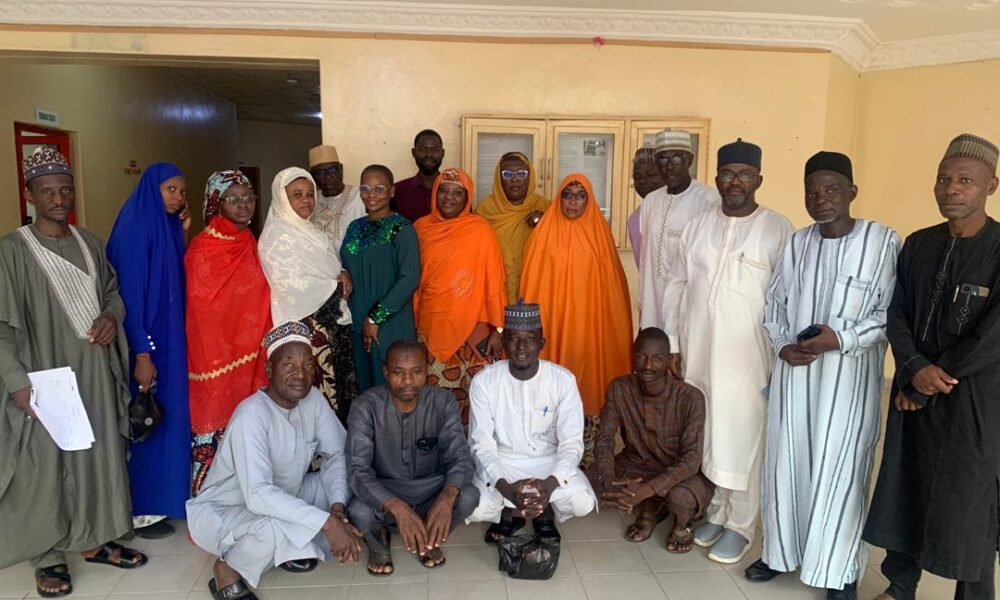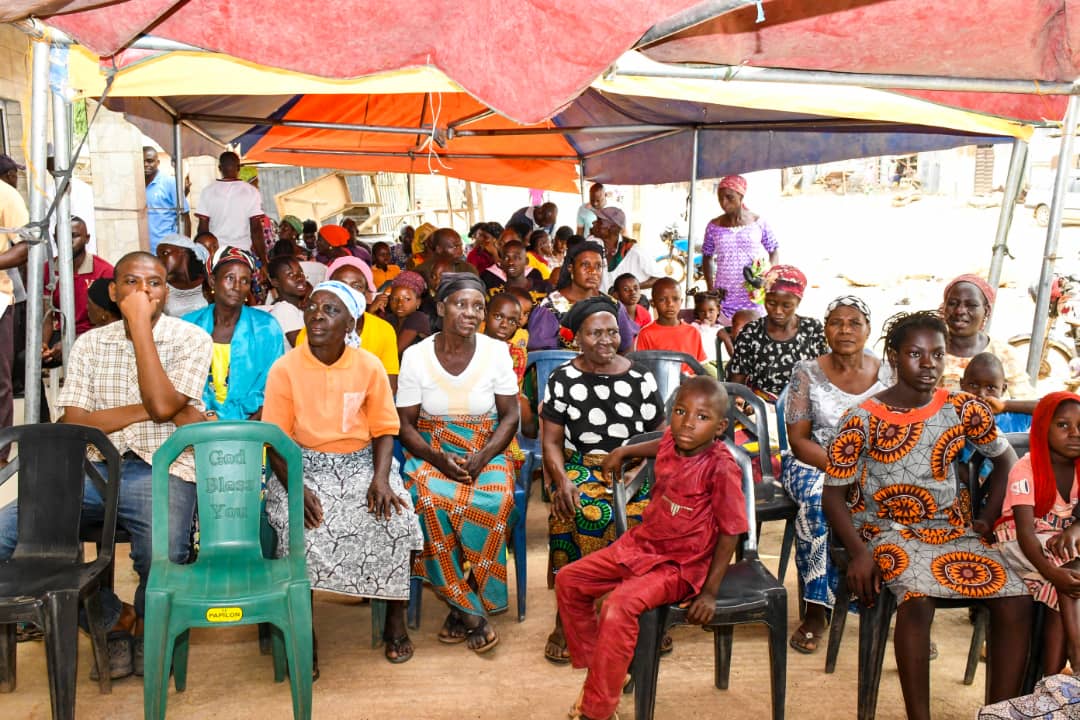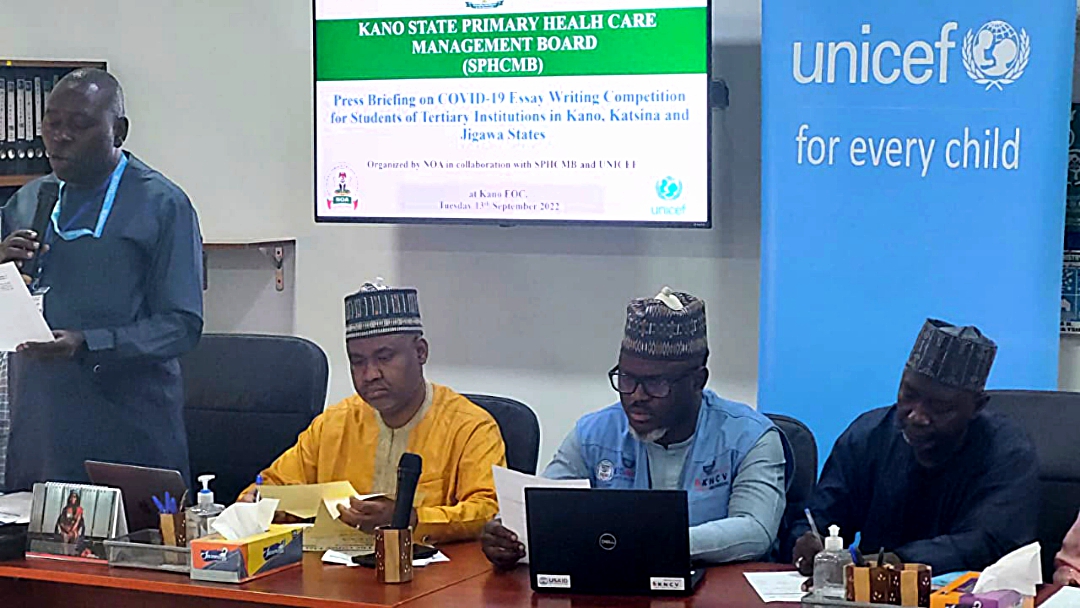By Ahmed Rufa’i, Dutse
An economist and lecturer in the Department of Economics at the Federal University Dutse (FUD), Dr. Itar Abdul-Razaq Rilwan, has urged Nigerians to adopt proper family planning practices.
He emphasized that effective family planning enhances population management, equitable resource allocation, and public service delivery, which are essential for sustainable growth and development.
Dr. Rilwan gave the indication during a paper presentation at a media roundtable meeting with state actors and stakeholders.
The event, organized by DevComs and supported by The Challenge Initiative (TCI), aimed to develop strategies for promoting family planning through advocacy and public enlightenment.
It was held at the Manpower Development Institute in Dutse, Jigawa State.

The lecturer highlighted that child spacing is a crucial component of family planning. He noted that appropriate timing between pregnancies can reduce complications for mothers and improve reproductive health outcomes in society.
In his paper, Dr. Rilwan pointed out that spacing pregnancies leads to better health and survival rates for both mothers and children, ultimately decreasing maternal and infant mortality.
He explained that children born after adequate spacing tend to have greater access to maternal care, which can help reduce malnutrition and stunting issues that Jigawa State has been striving to address.
“Families that practice childbirth spacing generally have more resources and time to focus on education, health, and moral upbringing for their children,” he stated.
He further emphasized that family planning enables societies to manage population growth more effectively, allocate resources efficiently, and work toward goals such as zero hunger, poverty eradication, and improved public service delivery.
Dr. Rilwan called for the government to make family planning services accessible and affordable for all families while promoting public awareness about the health and social benefits of childbirth spacing. He stressed that these efforts are vital for reducing the high rates of maternal and child mortality in society.
Commenting at the event, TCI representative Ms. Blessings Muhammed noted that TCI has been supporting Jigawa State through four key areas: advocacy, demand generation, service delivery, and research/monitoring/evaluation, all aimed at improving maternal and newborn child health (MNCH) outcomes.
“Our goal at TCI is to sustain improvements in urban health systems and increase the use of modern contraception, employing innovative approaches to enhance the scale, impact, efficiency, and sustainability of family planning programs,” Blessings stated.
Speaking on behalf of the media working group in Jigawa State, Comrade Muhammad Zangina pledged to collaborate with the government, partners, and other stakeholders to enhance reproductive health and improve child survival and family well-being.



